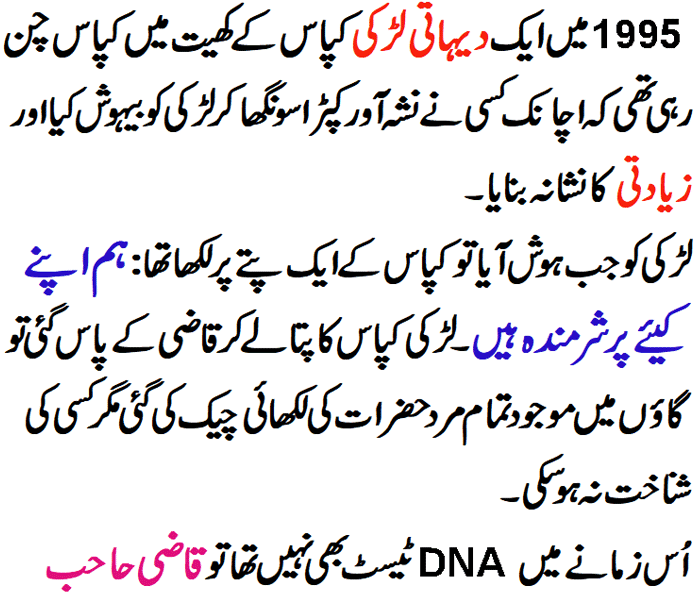A recent study has brought an interesting twist to the long-running argument over the origin of intelligence. The results imply that moms may be the primary source of a child’s IQ. This essay examines the consequences of this ground-breaking study and goes into great detail about it.






Knowing the Study
Methods of Research
The intelligence quotient (IQ) of both parents and children was thoroughly examined in this study. Researchers looked at a number of factors, such as parental contributions to IQ, environmental impacts, and genetics.
Diversity and Sample Size
The goal of the study was to offer thorough insights into the patterns of intelligence inheritance using a broad sample size that represented a range of demographics. There were families from a range of cultural contexts and socioeconomic backgrounds.
Important Results
1. Maternal Genes Are Essential
According to the study, intelligence-related genes are more likely to be inherited from the mother. Although genetic contributions come from both parents, some characteristics linked to cognitive ability seem to be more strongly linked to maternal genes.
2. The X chromosome’s importance
The X chromosome contains genes associated with intellect. The mother’s contribution becomes essential because males contain one X and one Y chromosome (XY), whereas females carry two X chromosomes (XX). According to the study, cognitive ability may be more strongly influenced by the mother’s X chromosome.
3. Environmental Considerations Are Still Important
Although there is a considerable genetic component, the study highlights that a child’s intellect is also greatly influenced by their environment. Overall cognitive development is influenced by elements including early childhood schooling, a stimulating home environment, and healthy eating.
Consequences and Perspectives
1. Changing How People View Inherited Intelligence
This study contradicts conventional wisdom regarding the heredity of intelligence, which held that both parents make an equal contribution. A new angle on the age-old nature vs. nurture controversy is provided by an understanding of the complex impact of maternal genes.
2. Encouraging Mothers in the Classroom
Mothers frequently have a major influence on the education and development of young children. Understanding how maternal genes affect IQ can enable moms to actively support their children’s cognitive development.
3. Customized Methods of Instruction
According to the results, recognizing the impact of mothers on intellect may result in more individualized teaching strategies. Teachers may be able to adapt their teaching strategies to each student’s unique learning preferences if they are aware of their genetic predispositions.
Public Opinion and Upcoming Studies
1. Reaction of the Public
The study has sparked a lot of public interest and conversation. Many are keen to investigate how these discoveries may be applied in parenting, education, and other fields.
2. Possibility of Additional Research
Further investigation into the complex connection between intelligence and genetics is made possible by this work. Further research on particular genetic markers and their impact on cognitive processes may be undertaken in the future.
Conclusion:
Long-held assumptions are challenged by the discovery that women contribute a greater proportion of a child’s intelligence, which also offers a more complex explanation of the relationship between heredity and cognitive ability. It is obvious that the study has the potential to change our understanding of how intelligence is inherited and to influence many facets of parenting and education as the general public takes in and considers these findings.
Frequently Asked Questions, or FAQs
1. Does this imply that fathers have no bearing on a child’s IQ?
Absolutely not. Although the study highlights the important importance of maternal genes, it does not discount the effects of environmental variables and paternal genes.
2. Is it possible to ascribe a child’s IQ to their genes alone?
No, in addition to hereditary variables, environmental factors—such as early experiences, education, and nutrition—have a significant impact on a child’s intellect.
3. What are some real-world parenting applications for this knowledge?
Mothers might be inspired to actively participate in early childhood education and create a stimulating home environment by being aware of the impact of maternal genes. Nonetheless, it is crucial to take into account the big picture, which includes environmental influences and paternal contributions.
4. Will these findings lead to changes in educational systems?
Any major modifications in educational systems would probably require more thorough research and agreement throughout the academic community, even though these findings might spark conversations about customized educational approaches.
5. What possible ethical issues are raised by this research?
The possibility of the results being misused or misinterpreted raises ethical questions.



